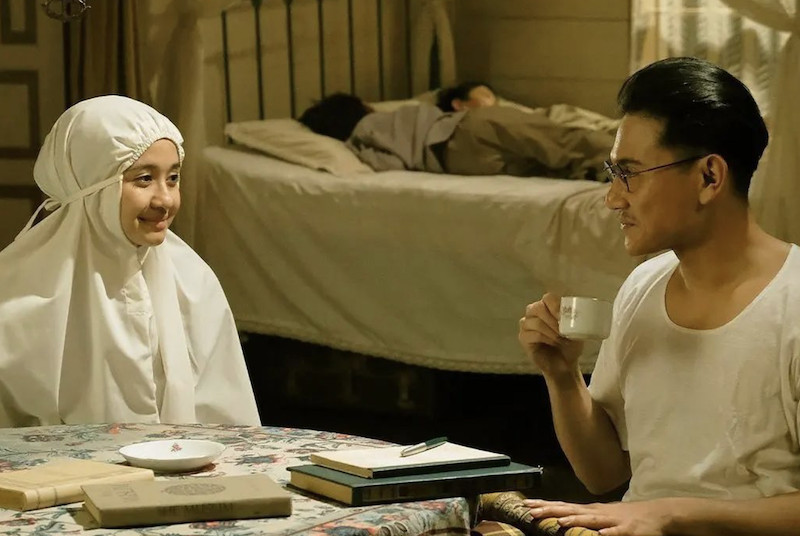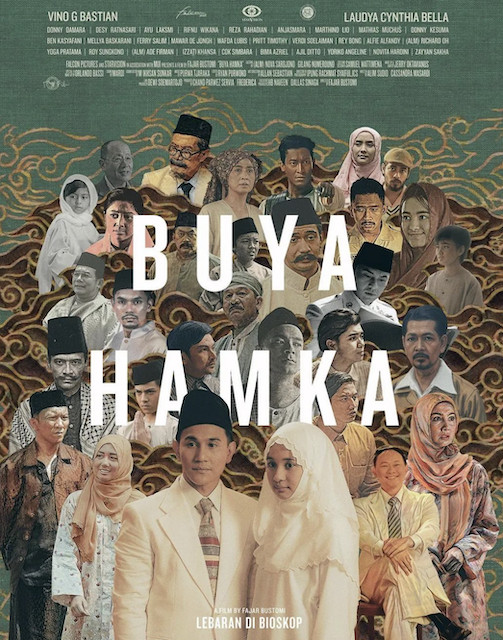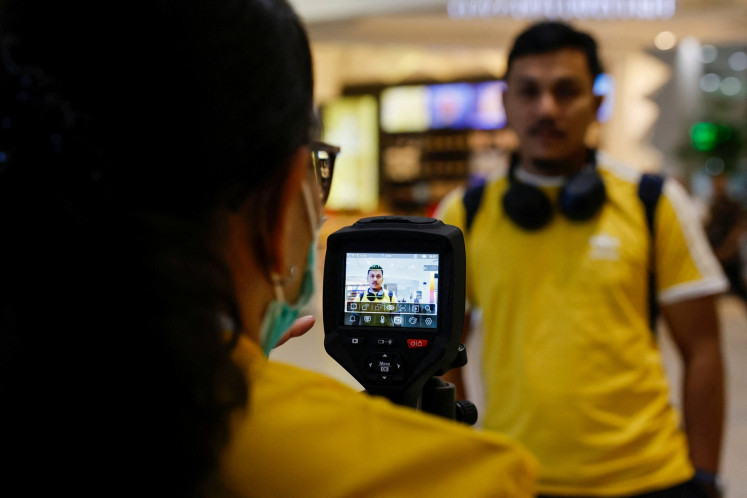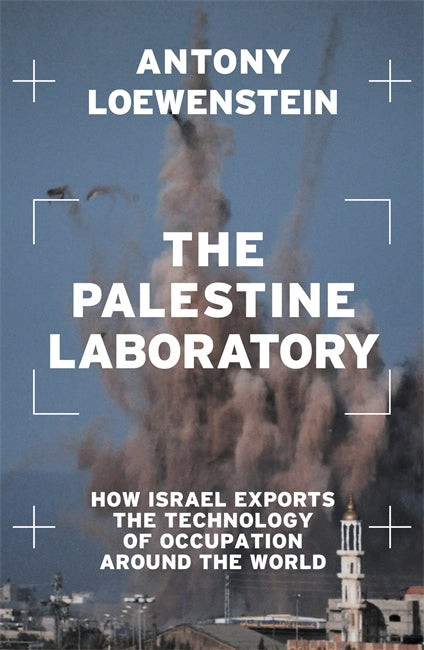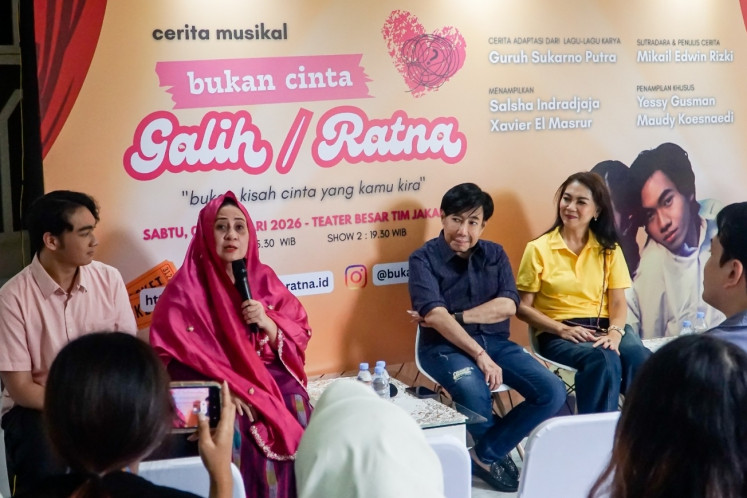Popular Reads
Top Results
Can't find what you're looking for?
View all search resultsPopular Reads
Top Results
Can't find what you're looking for?
View all search results'Buya Hamka Vol. 1': Biopic oversimplifies life of famed cleric
Change text size
Gift Premium Articles
to Anyone
D
irector Fajar Bustomi’s biopic about Abdul Malik Karim Amrullah shows that local filmmakers need to be bolder in scrutinizing Indonesian figures of the past, even one regarded as possibly the most virtuous.
This review contains mild spoilers.
Aside from 1988's Tjoet Nja' Dhien, it is difficult to name an Indonesian biopic that has stuck the landing. This is not because of a lack of trying, though.
Over the past two decades, local cinephiles have been graced by numerous big screen adaptations of some of the most notable figures in the country's history. Some of these efforts went so far as to clinch warm public reception and industry accolades, such as Gie (2005), Soegija (2012) and Habibie & Ainun (2013). Be that as it may, rarely has there been an Indonesian biopic that not only satiates audiences but also offers a broad scrutiny of its subject.
Fajar Bustomi, known chiefly for helming the box-office crowd-pleaser Dilan trilogy, serves up another addition to the biopic menu with Buya Hamka Vol. 1.
The first film of the planned trilogy details the life of the late Indonesian cleric, novelist, politician and philosopher Abdul Malik Karim Amrullah, also known by his pen name Hamka, from Dutch colonial rule, through the Japanese military occupation and to the post-independence era. But how does Buya Hamka Vol. 1 stack up against previous Indonesian biopics?
One thing is certain: Falcon Pictures, the studio behind the film, has held nothing back in the acting department. Citra Award winner Vino G. Bastian (Radit dan Jani) portrays the titular icon with a cast that includes Citra nominee Laudya Cynthia Bella (Di Bawah Lindungan Ka'bah) and Citra winner Donny Damara (Lovely Man).
Desy Ratnasari (Olga dan Sepatu Roda), Ferry Salim (Ca-bau-kan), Verdi Solaiman (Ruma Maida) and Anjasmara (Koper) round up the ensemble in the biopic, which had its theatrical release on April 19.
Writing, faith & freedom
Buya Hamka Vol. 1 opens in 1964 with the aged Hamka (played by Vino G. Bastian, nearly unrecognizable under prosthetic makeup) under house arrest in Sukabumi, West Java, who is visited by his elderly wife Sitti Raham (Laudya Cynthia Bella, also transformed by prosthetics) and a few of their adult sons. Their teary reunion quickly cuts back to 1933, when Hamka and his young family are living in Makassar, South Sulawesi, where he is an active member of the local branch of Muhammadiyah, the country’s second-largest Muslim organization.
Wanting to contribute more to the uprising against the Dutch government, Hamka takes a job at Medan-based magazine Pedoman Masyarakat in 1936. He also starts writing novels, including the romantic novels that would later be regarded as his magnum opuses: Di Bawah Lindungan Ka'bah (Under the Kaaba’s protection) and Tenggelamnya Kapal Van der Wijck (The sinking of the Van der Wijck), both published in 1938.
Romantic trilogy: 'Buya Hamka Vol. 1', a planned three-part biopic about Abdul Malik Karim Amrullah from director Fajar Bustomi and Falcon Pictures, marked its national premiere on April 19. (Courtesy of Fajar Bustomi) (Archive/Courtesy of Fajar Bustomi)A personal loss soon follows, but Hamka's integrity as a Muslim and a nationalist is put to the test when the Japanese military take over the country and offer him a deal: support the Japanese and in return, they will not interfere with the religious activities of Muslims. Unfortunately, as the Japanese are set to depart Indonesia after surrendering to the Allied forces, public perception turns against Hamka.
After Indonesia formally declares independence, Hamka and his family live off the grid, in poverty. However, the possibility of a second Dutch invasion could force him, despite his poor reputation, to resume his fight for independence.
Lionization vs. humanization
No audience or critic could accuse either Fajar or Falcon Pictures of a lack of ambition. With excellent production value, numerous locations and detailed historical reconstruction of urban and rural life, Buya Hamka Vol. 1 is the studio's most grandiose project since 2019's Bumi Manusia. The regal score by Purwacaraka is enough on its own to immediately mark the veteran composer as the one to beat at this year's Citra Awards.
Unfortunately, the technical marvels cannot paper over the flimsy narrative that immediately starts unraveling, even before the film hits the 30th minute.
Some of the supposedly defining moments in Hamka's life, such as writing the two novels, the sudden passing of one of his sons and his refusing to enter into polygamy, are covered so hurriedly that the biopic feels more like a summation as opposed to a thoughtful examination of the cleric's life.
Despite the potent talents and industry experience of his actors, Fajar seems overwhelmed by how to make each one shine, the polar opposite of how he drew out the star qualities of leading actors Iqbaal Ramadhan and Vanesha Prescilla in Dilan 1990.
Donny Damara is devastatingly underused as influential cleric and Islamic reformist Abdul Karim Amrullah, serving as nothing more than a cog in Hamka's character development. Ferry Salim's performance as Japanese governor Nakashima delivers neither bark nor bite, making his standard-issue antagonist portrayal even more unremarkable.
Vino has his work cut out for him as Hamka. Sadly, just like his titular performance in 2017's Chrisye, the 41-year-old actor has difficulty staying in character over the course of the film. It is hard not to notice how a contemporary Jakartan dialect slips through the cracks in the Minangkabau accent the actor has adopted. During the scene in which Hamka delivers a rousing speech opposing the second Dutch invasion, Vino's sudden fieriness instead breaks character.
Laudya Cynthia Bella proves to more consistent compared to her screen husband. However, her impressive proficiency in the Minangkabau language is no saving grace against her character’s long-suffering wife archetype.
Ultimately, the biggest sin Buya Hamka Vol. 1 commits is that, just like the other biopics that preceded it, its filmmakers and storytellers are unwilling to examine and scrutinize their subject’s interiority.
The film succeeds in lionizing Hamka as a role model that is still relevant to Muslims everywhere. However, it unmistakably downplays his darkest and most questionable moments. Buya Hamka Vol. 1 does not address, for example, how the death of his son, the public backlash over his cooperating with the Japanese and his family's unstable financial situation shaped him, not just as a Muslim but also as a human being.
Will the planned trilogy’s second volume fare better? Only its release will tell. Hopefully, Fajar and company will remember that while lionizing a historical figure might charm the world, only humanizing them will transcend history. People are rarely simple creatures, no matter how devout or virtuous they may be.
Buya Hamka Vol. 1 is playing in theaters nationwide.

